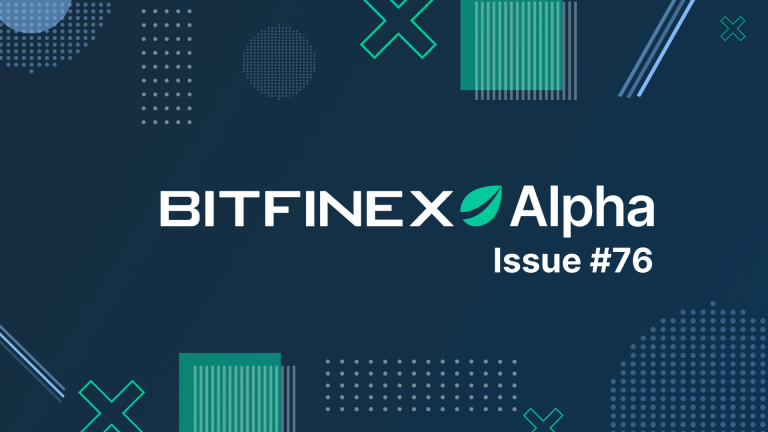October 16 Bitfinex Alpha | Spot trading is driving market momentum as geopolitical conditions escalate
In Bitfinex Alpha
In the cryptocurrency market, there has been a noticeable shift towards spot trading. Long-term investors now own a record 80.34% of the total supply of Bitcoin, equivalent to about 15 million Bitcoin. In contrast, holders of short-term bonds represent only 19.34% of the circulating supply, indicating a strong commitment to holding the assets. Coins moving across the chain do not show a significant gain or loss, indicating a transitional market. At the same time, the futures market has seen a rise in open interest (OI) in assets such as BTC and Ether, with the total OI of BTC across centralized exchanges exceeding $8.7 billion. However, spot trading volumes on these exchanges are at multi-year lows, and the estimated leverage ratio has risen, indicating increased market risk.
Global geopolitical tensions have reverberated through financial markets. Gold, a traditional safe haven, saw a notable rise in value, while Bitcoin's response was relatively weak. The options market is showing a marked shift towards downside protection, reflecting an increase in hedging activities, particularly in the face of rising geopolitical tensions. The put/call ratio has increased, and there is increased open interest in longer-term calls scheduled to expire in December.
Beyond the cryptocurrency space, global events have left their mark. The conflict between Hamas and Israel on October 9 led to a 4% rise in oil prices, highlighting the fragility of the energy supply chain. This rise in prices could have a ripple effect on energy costs, ultimately impacting the wallets of American consumers. In addition, inflationary pressures emerged in the United States, with unexpected increases in producer and consumer inflation rates in September, raising questions about the purchasing power of ordinary Americans.
In terms of leadership changes and regulatory developments, Paolo Ardoino has taken over as CEO of Tether, signaling a strategic move towards greater growth and global expansion for the stablecoin issuer. Meanwhile, the SEC has chosen not to appeal a court ruling directing it to reconsider Grayscale Investments' application for a bitcoin exchange-traded fund (ETF), generating optimism within the cryptocurrency community. On the international stage, the G20 presented a united front by unanimously endorsing the “Statement issued by G20 Finance Ministers and Central Bank Governors,” demonstrating a collective commitment to a coordinated approach to cryptocurrency regulation. In Europe, the European Securities and Markets Authority (ESMA) has expressed significant concerns about decentralized finance (DeFi), raising concerns within the cryptocurrency community about the future of decentralized architecture and digital identities, particularly regarding privacy issues in the European region.
Economic sentiment also saw a decline in October. Preliminary data from the University of Michigan survey revealed that consumer confidence fell to its lowest level since May. This decline in sentiment poses a challenge to the central bank as it prepares for its next meeting in November. The central bank must carefully balance managing inflation and supporting economic growth, given the complex economic environment.

